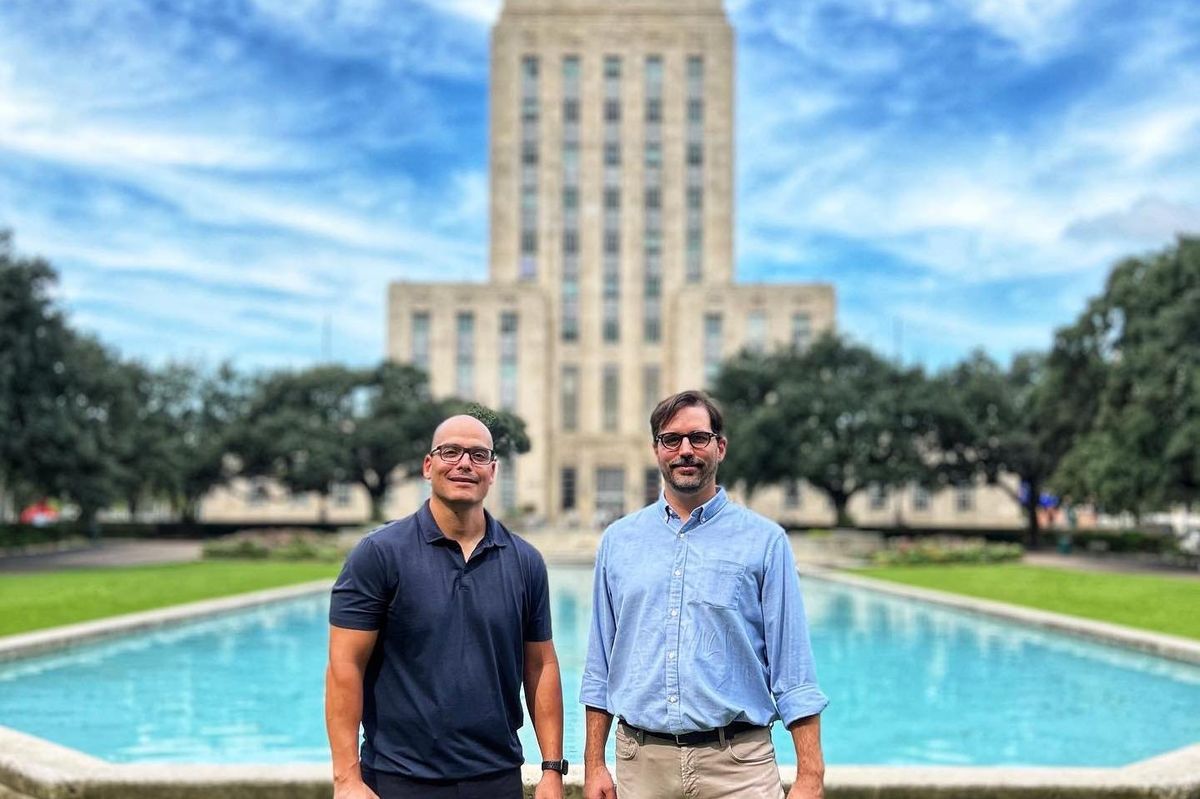Whose responsibility is it to care for the social good? That’s an important, yet hopelessly complex question, particularly when aimed at sustainability.
When it comes to businesses and other profit-seeking firms, they tend to search for a balance between success today and success overtime. Too much focus in either direction can be deadly.
An apt analogy is a virus: too much reproduction too fast and the host dies, which is why the most successful viruses find the threshold for maximizing reproduction without overly weakening the host.
Payment is about to be due, but from whom?
The ESG movement encapsulates targets from ethical investing related to environmental issues, social values and corporate governance. As it relates to climate, people are working hard to determine how much cumulative effect of human activity is too much for our survival. And there continues to be open questions about how businesses should react to the scientific consensus that climate conditions will continue getting worse, without immediate and severe corrective action. If the consensus is that this is a problem for businesses to fix, whose money do they spend to do it?
Greed was good, once
Nobel-winning economist Milton Friedman famously advocated for firms to focus primarily on returning value to shareholders. With respect to social good, he advocated that shareholders use their returns to pursue them; businesses should just chase profit. His 1970 article in the New York Times Magazine is worth a read, particularly his last paragraph, where he observes that corporate dollars spent advancing social responsibility represent the theft of money from investors, customers, or employees. The challenge is, how many negative externalities do we absorb before seeking to redirect corporate profits?
Making impact be part of the analysis
Others have argued that firms have a social responsibility and should pursue, using the term John Elkington coined in 1994, a triple bottom line approach, focusing on profit, people, and planet. Adherents to this approach believe you only get what you measure, and therefore,businesses should measure more than just profit. The challenge is, who is smart enough to balance these accounts?
ESG to the rescue?
The term ESG itself was the result of good intentioned actors in the investment space who wanted to track the efficacy of investing in businesses that scored well for social responsibility. They theorized, and had some support, that these companies outperformed the market. The result was the formation of the Principles for Responsible Investment in 2013, with its six core principles for “incorporating ESG issues into investment practice.”
ESG has certainly come a long way from Milton Friendmen, though it’s challenging to say how the movement is going. From one perspective, it looks like everyone is in trouble. Banks for investing in companies who are not moving fast enough. Energy companies and other producers of consumer products for greenwashing their efforts. Private equity firms for forcing ESG standards that some view as a step-too-far. Financial service companies for assisting in greenwashing. And, of course, the worst offenders are “the woke.” From the other perspective, we are finally starting to see some incentives for companies to address and solve long-ignored problems.
One size fits no one
The question of “Who is responsible for ESG?” reminds me of a presentation I attended in spring 2022, given by a senior executive of a large landfill operator. Before he began his discussion of the environmental impacts of operating a landfill, he noted that his billion dollar company did not really create any trash, it simply collected and received trash from all of us! He was begging the question, “Am I solely responsible for your bad decisions?”
And that’s really the issue with ESG, is it not? Who, for example, is responsible for creating pollution? The energy companies for producing oil and natural gas from underground reserves, or the members of the public who drive cars, buy plastic goods, and flip on the lights? The government for letting those things happen? The answer is sadly both none of us and all of us.
Regulators, mount up
Regulating and investing are often in conflict, but they share one common characteristic: few people have ever done either well. That doesn’t mean we quit trying. There are those among us who can find the signal in the noise, who can stare at a pile of numbers and find the rule that answers the question, or at least correlates well to the desired outcome.
People change expensive behaviors
Charlie Munger famously said, “Show me the incentive, and I’ll show you the outcome.” If I had a magic wand, I would want the power to create global markets for the right to release harmful pollutants / emissions or deposit certain types of waste in landfills. It has worked before, and it will likely be what leads us where we need to go. Until we create marketplaces limiting the release of pollutants and disposal of waste, society will continue to fall prey to complex regulatory solutions that are easy for incumbent industries to strike down. Instead, putting a price on these activities will allow the incumbents to innovate and new companies to compete.
When it comes to ESG, I think we fear two outcomes equally: a world that feels a little out of control and a class of people, or institutions of government, who appear all too confident they have the answers. Maybe we can turn the heat down in the ESG debate by prioritizing what we measure and report and creating marketplaces that incentivize people to solve the most pressing problems.
———
Chris Wood is the co-founder of Houston-based Moonshot Compost.






 Chris Wood and Joe Villa
Chris Wood and Joe Villa